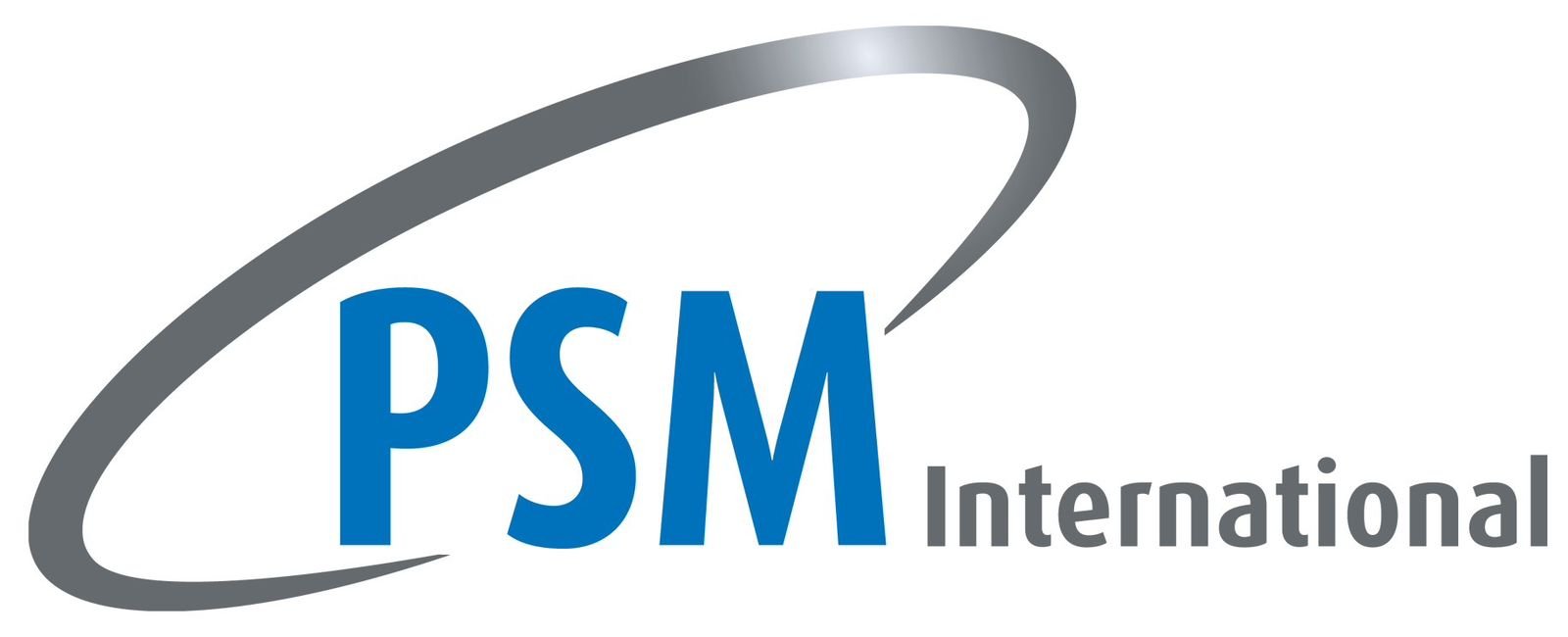
PSM Weld Nuts are specialized threaded fasteners designed to be permanently joined to panels, brackets, or frames through a welding process. By joining nut and substrate into a single piece, they provide a captive threaded point that won’t rotate, loosen, or back out during assembly, vibration, or thermal cycling. They are commonly used where conventional threads or nuts cannot be used or where space or access is limited.
Advantages
> Non paint clogging
> High strength
> Ideal for automated assembly
> Low cost
MATERIAL
Mild steel
WHEN SPECIFYING, PLEASE STATE:
- Quantity
- Prefix (CBWN)
- Part No.
- Finish code (e.g. 1000 CBWN-0219)
METHOD OF ASSEMBLY:
Place fastener over panel hole and projection weld in the normal manner.
Key Features
Permanent attachment: Once welded, the nut becomes part of the sheet metal, ensuring it stays in place during service.
Compact design: Weld nuts are ideal in tight spaces where additional clearance for conventional nuts or bolts is not available.
Clean finish: They provide flush or near-flush internal threads with no extra captive hardware required.
Wide material compatibility: Suitable for mild steel, stainless steel, aluminum, and other metals, as well as engineered plastics in hybrid assemblies.
High vibration resistance: Because the nut is mechanically bonded to the panel, it resists loosening even under heavy vibration or shock.
Design & Specification Guidelines
Material & Alloy Selection
Weld nuts are usually made of low-carbon steel or stainless steel. The weld nut must be compatible with the base material to avoid issues with weld strength or heat-affected zones.
Hole & Substrate Requirements
The hole must match the Weld Nut’s base design and be free from burrs or irregularities to ensure weld integrity.
Panel thickness and material profile should match the recommended range for proper weld strength.
For plastic or composite assemblies, weld nuts are generally combined with metal chassis or inserts since direct welding to plastic is not possible.


